Energy analyst Robert Tomaszevski from Polityka Insight shares exclusive information on alleged plans surrounding the Baltic Nuclear Plant in Russia’s Kaliningrad Region. Polish media mogul Zygmunt Solorz-Żak and Hungary’s prime minister Viktor Orbán want to invest together in the construction of the Russian Rosatom’s nuclear plant, and have been persuading the Polish government for months to support their plans. Poland hasn’t rejected the idea so far.
Host: Balázs Csekő
Hungary’s government is persuading Warsaw to build an energy link between Poland and Russia’s Kaliningrad Region. The Hungarian plans are supported by Zygmunt Solorz-Żak, one of Poland’s most influential personalities. In addition, the businessman is trying to convince prime minister Mateusz Morawiecki to construct an energy bridge, necessary to sell the produced electricity, between Poland and Russia’s semi-exclave. The bridge is a must, otherwise the Kaliningrad plant could barely have a function.
Old Project Rejuvenated
The project of the Kaliningrad Nuclear Power Plant was launched when the head of Rosatom Sergei Kiriyenko and Governor of Kaliningrad Oblast Georgy Boos signed a construction agreement in the spring of 2008. Russia’s main purpose for the construction was exporting electricity to Lithuania and Poland, therefore strengthening the Russian position in the European energy market. Original plans also included the establishment of an interconnector between the Russian region and Germany.
One year after the buildup of the project, Moscow decided to freeze the investment in 2013. According to the Russian side, neither Warsaw nor Vilnius showed interest in buying electricity from the proposed power plant, nor foreign investors wanted to be part of the project. After a pause of almost 8 years, the original plans seem to have been activated again. “The project is coming back,” Mr Tomaszevski said.
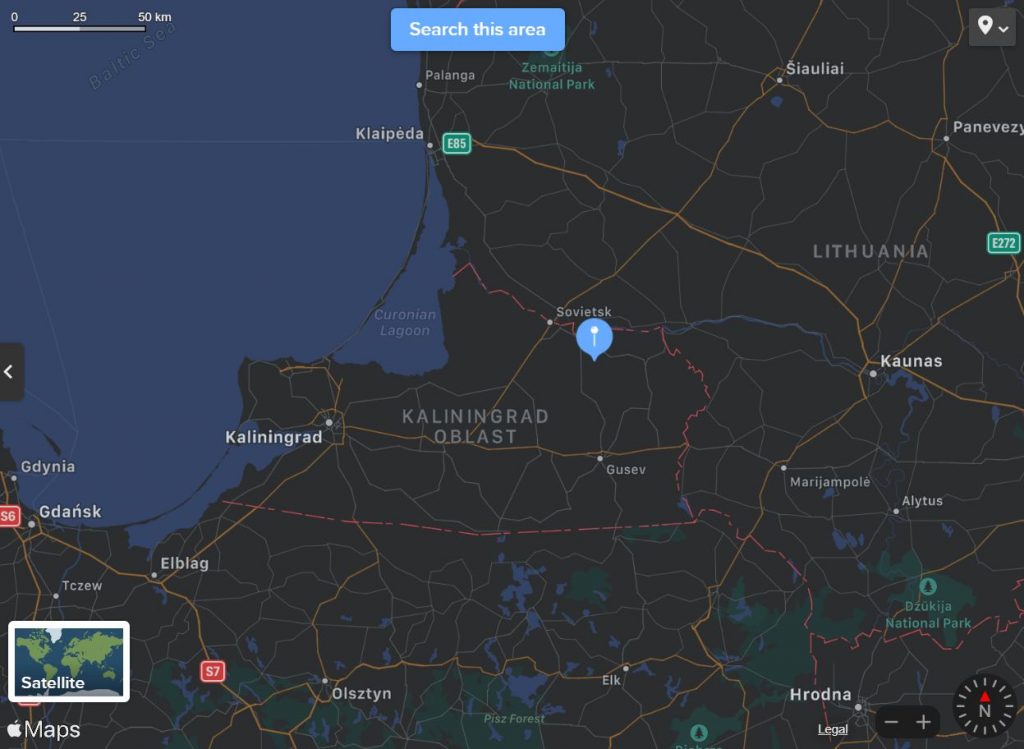
Source: Apple Maps
Warsaw didn’t say no
The subject has already been discussed between Viktor Orbán and his Polish counterpart Mateusz Morawiecki. The project was also on the table between the Polish prime minister, the Polish minister for State Assets Jacek Sasin, and Mr Solorz-Żak.
“Warsaw didn’t say no to the project,” Mr Tomaszevski claimed.
The move by the PiS-led Polish government, i. e. not objecting the plan from the beginning, comes as a surprise and goes against the energy policy of Poland, based on the principle of being less dependent on Russian gas and oil and practiced since Law and Justice (PiS) took over in 2015.
Leading Polish companies have already started the search for cheap electricity as the country will have to shut down its coal power plants in the upcoming years. Mr Solorz-Żak, also the owner of one of the biggest electricity producers in Poland, chose to invest in the Kaliningrad project.
After Polityka Insight published the story of his involvement in the Kaliningrad project, an official statement released by his company ZE PAK confirmed that it is looking into nuclear projects abroad, including the Kaliningrad project.
Warsaw’s motivation
Mr Tomaszevski sees two reasons why Warsaw did not stand by its energy policy position of recent years firmly.
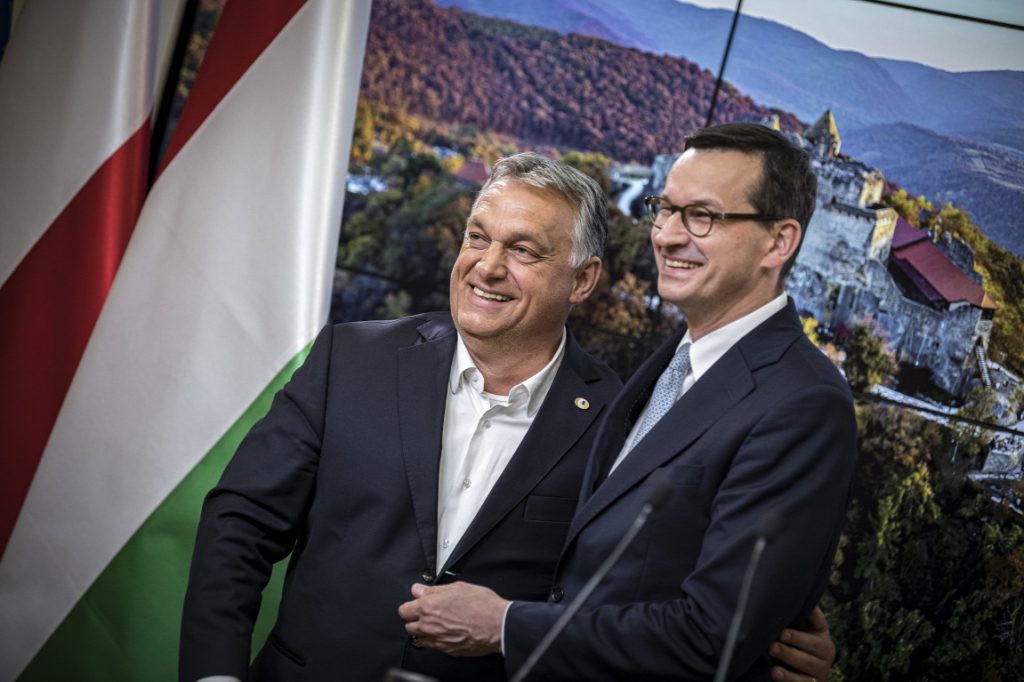
Photo credit: MTI/Miniszterelnöki Sajtóiroda
First, the Polish leadership wants to have “very close ties” with the Hungarian government. Just days before news about the plans regarding the Kaliningrad plant broke, Fidesz and PiS had signed a “Joint declaration” of a “Great alliance in the European Parliament” aiming to “Reform Europe”.
“We believe this is the most important reason why Warsaw didn’t say no to this project,” the energy analyst argued.
Another distinguished factor is the person of media mogul Zygmunt Solorz-Żak. Besides being one of the wealthiest Poles, he also controls Polsat, one of the country’s largest media groups. “Probably the government in Warsaw wants to have good relations with Solorz-Żak due to his power in the media sector,” he added.
Too controversial to be real
Despite constant efforts by the Polish media mogul and the Hungarian head of government, it looks like, for the moment, no green light will be given to build the energy bridge to Kaliningrad. “It would be too controversial, the geopolitical costs would be enormous,” Mr Tomaszevski said.
A “green light” to the project would lead to an open conflict with the Baltic states, as Lithuania, Latvia and Estonia are preparing to disconnect from the Russian grip. By establishing the energy bridge, those plans would be destroyed. A decision favoring Mr Orbán’s and Mr Solorz-Żak’s position could also lead to an open conflict with Washington, as the US is against any energy expansion of Russian interests in the region.
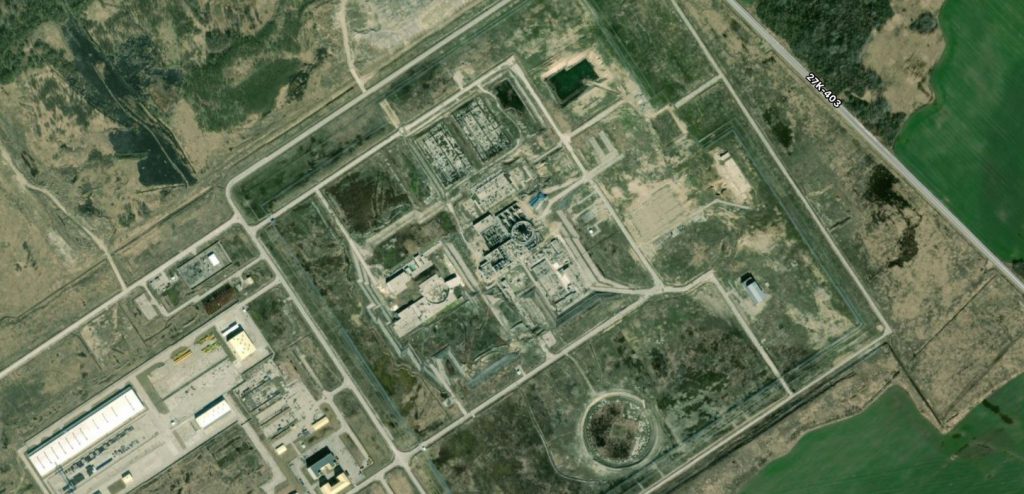
Photo credit: Apple Maps
However, improving relations between Western countries and Russia could alter the fate of projects like the Kaliningrad nuclear plant.
“The current situation is a no go for the government. There will be no green light neither for the bridge nor the nuclear power plant, but we cannot say that this position of Warsaw will not change in the coming years,” the analyst claimed.
51% vs 49%
According to the information by Polityka Insight, Mr Solorz-Żak’s company ZE PAK, in partnership with Hungary’s largest electricity producer MVM, are interested in buying some capital assets inside the Kaliningrad project. The share percentage the Hungarian and the Polish investors would like to obtain is unknown.
Rosatom’s original plan was to retain 51% of shares in the project and offer 49% to European companies, making it to become the first Russian nuclear power plant with foreign participation.
Although an official statement by Mr Solorz-Żak claimed that his group is looking for the capital control over the project, this option is highly unlikely. “We are not expecting ZE PAK and MVM to take most of the shares in this project. It won’t be more than 49%.”
Links to Paks?
The position of Hungary’s MVM on the project is less surprising as the central European power company has great experience in dealing with Russian companies and building of VVER reactors, produced by the Russian state company Rosatom.
According to an agreement between Hungary and Russia in 2014, the Paks Nuclear Power Plant will be expanded with the construction of two VVER-1200 reactors by the Russian nuclear energy company. The same reactors were not only used in the Belarusian Astravets Nuclear Power Plant but were supposed to operate in the nuclear power plant in the Kaliningrad Region too.
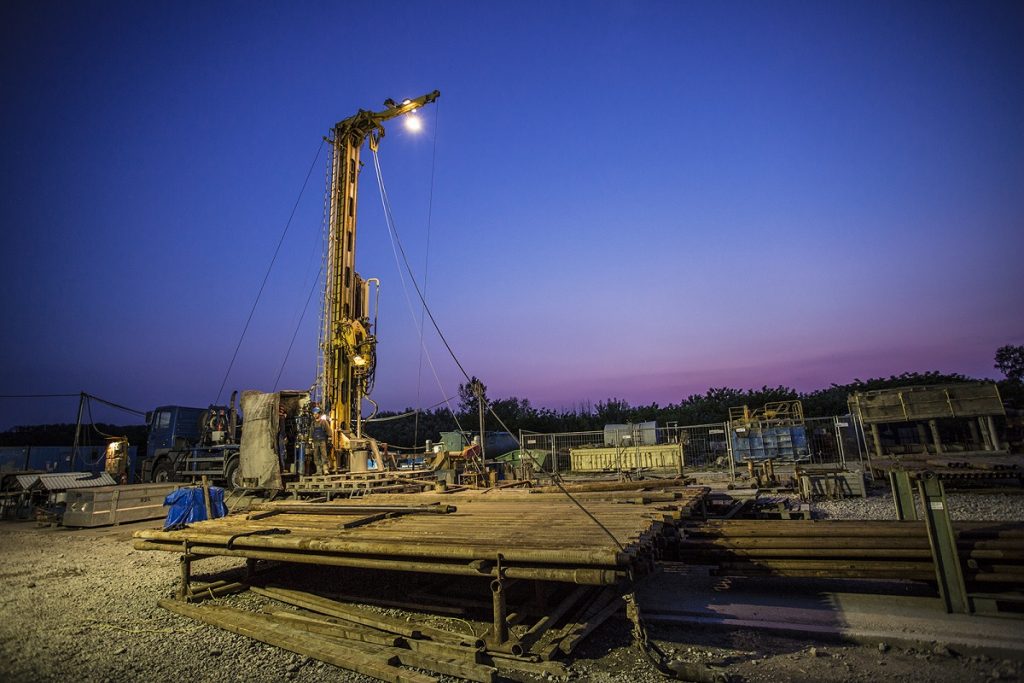
Photo credit: Rosatom
“I think MVM just want to use this advantage of having this know-how, to invest in the next power plant, this time in Kaliningrad,” Mr Tomaszevski said.
Whether the Hungarian government’s push on the project is linked in any ways to the Paks project, remains in the shadows.
Renewed tensions after Nord Stream 2?
After several conflictive years between the EU and the US on Nord Stream 2, the American administration recently decided not to put more sanctions on the energy project. Hence, the current moment leaves certain space for Russia to make an energy offensive and wait for the American reaction.
Mr Tomaszevski believes the project will be “extremely controversial” if it is launched. He would expect more criticism from overseas than from Germany as Europe’s economic powerhouse tends to separate politics from doing energy business with Russia.
On the other hand, a series of countries like the Baltic states, Czech Republic, Slovakia or the Ukraine can be “really worried” about plans related to Kaliningrad. He sees the initiative also “extremely unsecure” for the Polish geopolitical position.
Despite everything, the implementation of the project cannot be ruled out. Poland has been following Hungary for years on the course of becoming more independent from the West, although less advanced with the assertiveness. “But we cannot say that this assertiveness, and the search for new opportunities to build alliances in the East, not only with Russia, but with China and Turkey, would not occur in the future.”
Cover photo credit: Apple Maps, Aerial view of the Kaliningrad Nuclear Power Plant site
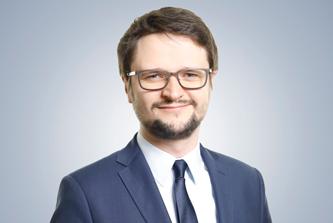
Robert Tomaszevski is an energy analyst and international relations expert. He is the Senior Energy Analyst at the Warsaw-based Polityka Insight where he has been working since 2013. He graduated in International Relations from the University of Warsaw and completed postgraduate studies on the functioning of the energy market at the Warsaw School of Economics.
Photo credit : Robert Tomaszevski



